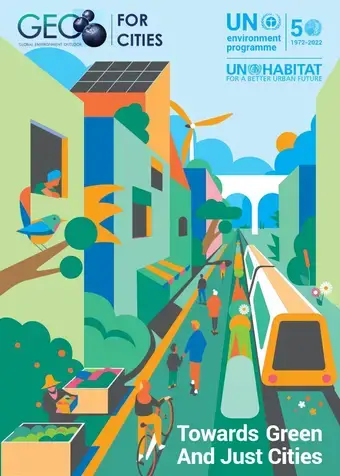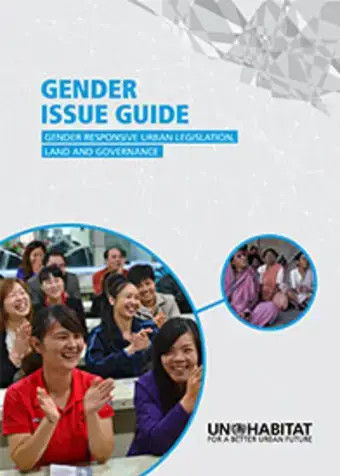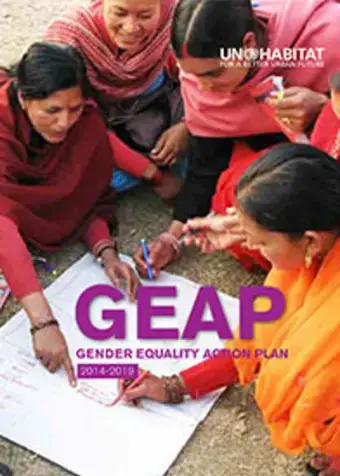
Unpacking Metropolitan Governance for Sustainable Development Discussion paper published
 29 September 2015 - UN-Habitat and the Deutsche Gesellschaft für Internationale Zusammenarbeit (GIZ) are happy to announce the release of the joint study “Unpacking Metropolitan Governance for Sustainable Development”.
29 September 2015 - UN-Habitat and the Deutsche Gesellschaft für Internationale Zusammenarbeit (GIZ) are happy to announce the release of the joint study “Unpacking Metropolitan Governance for Sustainable Development”.
New survey explores spectrum of urban governance arrangements worldwide
 Nairobi, 15 July 2015 - UN-Habitat, LSE Cities and the UCLG Committee on Decentralisation and Local Governance, have launched the 2015 edition of the
Nairobi, 15 July 2015 - UN-Habitat, LSE Cities and the UCLG Committee on Decentralisation and Local Governance, have launched the 2015 edition of the
News from the Local Government and Decentralization Unit (LGDU)
Global Consultation on Localizing SDG’
Turin, Italy 13th -15th October 2014 - The Local Government and Decentralization Unit (LGDU) attended, the global consultation on localizing SDG’s in Turin, Italy. This was the last event amongst many of a process of national and regional consultations regarding the role and future of SDGs at the local level.
Hyderabad hosts Metropolis meeting
 Hyderabad 14 September 2014 -The XI World Congress of Metropolis, the leading world association of major metropolises took place in the city of Hyderabad, India, last month . The theme of the Congress, Cities for All, represented the functioning of democracy for all its stakeholders and explored four broad sub themes - Urban Equity, Governance, Finance and Urban India.
Hyderabad 14 September 2014 -The XI World Congress of Metropolis, the leading world association of major metropolises took place in the city of Hyderabad, India, last month . The theme of the Congress, Cities for All, represented the functioning of democracy for all its stakeholders and explored four broad sub themes - Urban Equity, Governance, Finance and Urban India.
Social Tenure Domain Model enhanced in Zambia
Nairobi, 10 October 2014 - A second Social Tenure Domain Model (STDM) training and planning workshop with the Mungule community in Zambia was held from earlier this month to pursue the data collection process in the Model’s pilot work. Pilot activities were launched in an initial workshop that was conducted in July 2014.
The three-day event took place in Mungule village, where the pilot activities are ongoing. A group of 20 community members, the majority of them women, participated.



